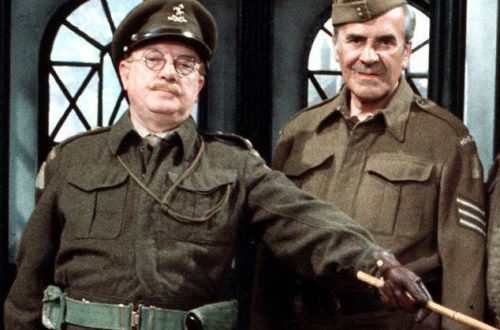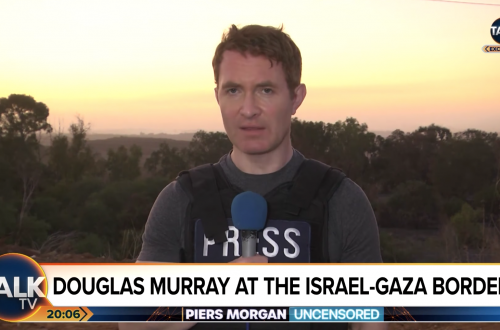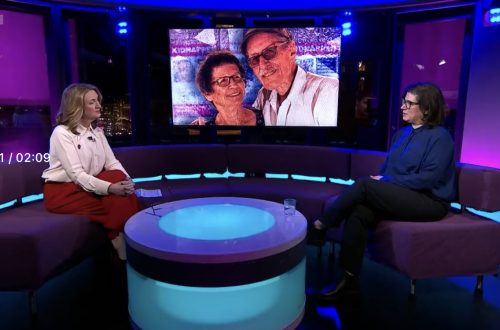During the Israel-Hamas fighting last January, journalist and blogger Jeffrey Goldberg– who has served in Gaza as an Israeli soldier and has worked there as a journalist– wrote:
One story the media isn’t telling, because it’s impossible to get this story in these circumstances (especially because Israel stupidly won’t allow foreign reporters into Gaza) is how much resentment the Hamas policy of using Palestinians as human shields causes among Gaza civilians.
Now Italian journalist Lorenzo Cremonesi, who defied Israeli policy to enter Gaza during the war, confirms Goldberg’s assessment. Cremonisi took part in a recent conference at Tel Aviv University on media coverage of the war. The Israeli newspaper Maariv reports:
Cremonsi’s story, which was published in Corriere della Sera during the war, included quotes from doctors serving in Gaza hospitals, who estimated that the number of Palestinian casualties was dramatically lower than what had been published. “I am familiar with war zones very well,” said Cremonesi to the other journalists, “I looked for the dead, the wounded. They were hard to find. I saw empty hospital beds.”
He related a few astonishing stories. For example, how residents in the town of Al-hawa were furious with Hamas forces; these, at the height of the war with Israel, were more interested in finding the police deputy-commissioner – who was suspected of being a Fatah man – and torturing him. “Among other things,” Cremonesi noted matter-of-factly, “they took out his eye.”
Cremonesi related his story in connection with Israel’s formal policy during the war to disallow foreign correspondents from entering Gaza. Cremonesi thought it was a stupid decision that interfered with the flow of information and eventually harmed Israel’s interests. He had come into direct contact with Hamas tactics, he said, because he was present there, unlike his colleagues who did not succeed in getting into the area. Among other things he told about how Hamas fighters forced an ambulance driver to surrender his uniform to them, and about Palestinians who were enraged that Hamas had turned their neighbourhood into Qassam launching base.
“At one point I arrived at Beit- Lahya” the Italian journalist recalled. “I wanted to get into the neighbourhood, but was stopped at the entrance by a bunch of Hamas people. They refused me passage. I found out they were clearing out the corpses of slain Hamas fighters from the ditches and did not want any media coverage of this evacuation.”
“After the rest of the journalists entered the strip,” he said, “I found they were angry with me. They asked me; why are you serving the Israelis? What bothered them was not the quality of the information I provided. I felt that their anger and need to emphasize Palestinian suffering, were fueled by the fact that they had been prevented from entering. I have no doubt that if Israel had facilitated the entry of foreign journalists into Gaza, they would have reported the exact same stories I have. But Israel did restrict them and it was a terrible mistake.”
I’m not so sure other journalists would have reported the same stories. But it was a risk worth taking– it’s not as if keeping journalists out of Gaza resulted in more favorable coverage for Israel. Instead the restrictions made it look as if Israel had something terrible to hide.
It was Hamas which benefited from the absence of journalists.
(Hat tip: Lynne T)


